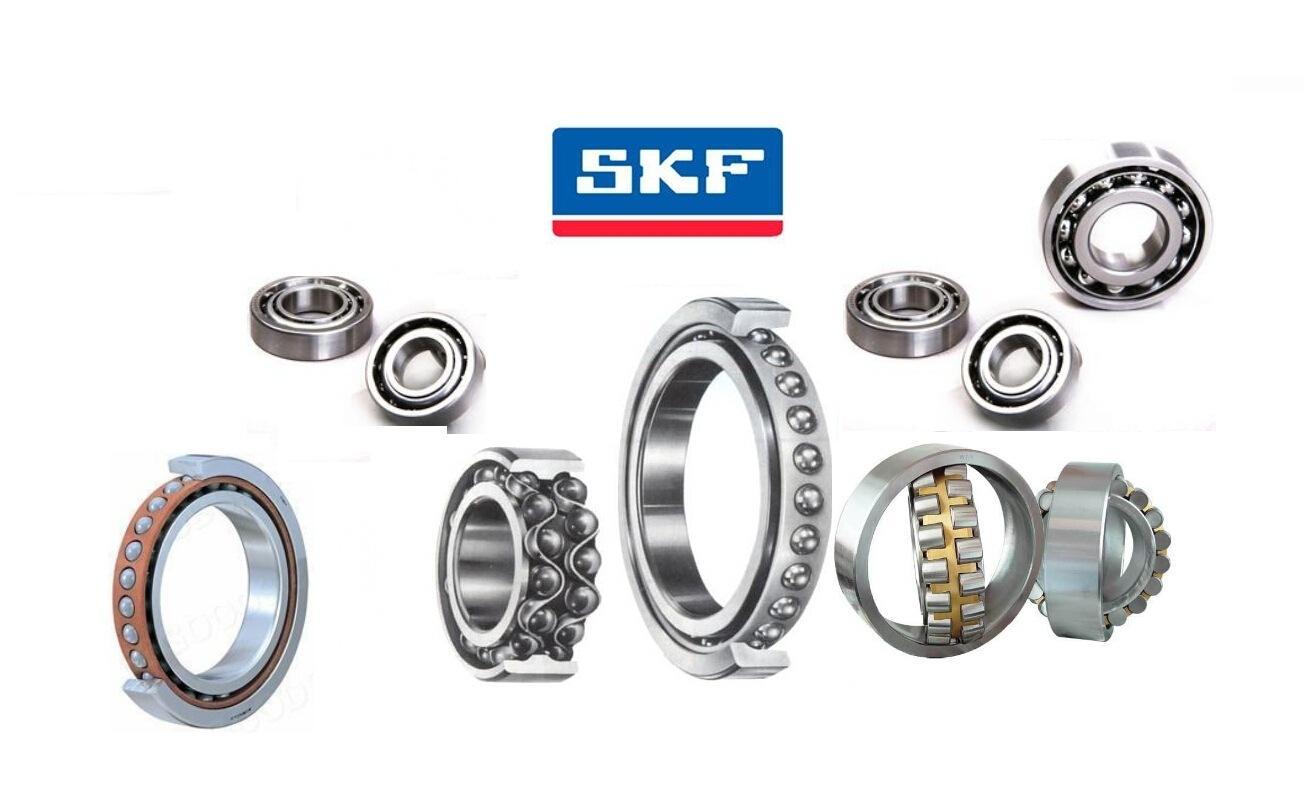
In order to increase control of rotating machinery onboard, Sirius Shipping is now investing in online monitoring from SKF.
“We want to receive signals before anything happens so that we are better prepared to launch measures in plenty of time,” says Stefan Johansson Technical Superintendent at Sirius Shipping.
With ten vessels in its fleet, Sirius Shipping transports liquid media such as oil and chemicals to ports in Northern Europe. Its destinations are mainly in Denmark, Norway, Finland and Sweden. Delivering shipments on time, safely and, not least, in an environmentally sustainable manner are important factors that customers demand. An unscheduled stoppage in the engine room causes costly delays. That is why well-implemented maintenance is so important to ensure deliveries are made on time.
“Maintenance work is a continuous process on board. We go into the shipyard for planned stoppages, roughly once every 30 months. There we review everything that we can’t when the ship is in operation, such as inspecting the bottom, rudder, propeller, machine parts in the engine and gearbox,” explains Stefan Johansson.
Increasing reliability
A recurring challenge facing the maintenance department is to increase the reliability of critical rotating equipment on board. Monitoring the reduction gearbox, which drives the propeller shaft, and the generator, which is also driven by the reduction gearbox, increases the safety of the system.
- “Fortunately, we have done fairly well in avoiding major breakdowns. It is very costly if something happens, so we want to prevent the risks as much as we can,” says Stefan.
Costly stoppages
If an unplanned stoppage were to occur, the length of the stoppage would depend on where the ship was located at that time, the accessibility of a shipyard, and whether it was necessary to move the boat from the harbour to the shipyard. It is not unusual for an ordinary shipyard stoppage to take around 6-7 days. But with a major breakdown, the repairs can take several months, and that is something to be avoided as far as possible, according to Stefan Johansson.
“Usually the components need to be specially ordered. You can’t get hold of large gear wheels or bearings straight away, so it is important that we have a longer planning horizon in order to be able to order parts and reduce the length of maintenance stoppages,” says Stefan.
In order to increase control of rotating equipment, the shipping company has chosen to install online status monitoring with measurement sensors for selected machine components. The Nimbus and Marinus vessels are the first to have this installed. Soon IMx-8 will also have been installed aboard the Neptunus and Scorpius vessels.
The choice of system fell on SKF’s IMx-8, the latest addition to the IMx range. This is a compact system that offers sophisticated functions taken from its bigger brothers, IMx-16 and IMx-32. The easy-to-assemble and compact system fits into Sirius Shipping’s maintenance system. Sensors detect machine parts and transmit signals online to SKF’s certified Remote Diagnostic Center in Hamburg, where specialists report machinery deviations.
“They are aware of deviations and can see immediately if we have gone in to carry out any service measures on the machinery. That is a great help to us along the way. I see it as a good step in the right direction in order to achieve greater predictability, which feels good”, says Stefan.
Caption: Every 30 months the ships go into the shipyard for major maintenance work
Picture caption: Sirius Shipping has a total of ten ships in its fleet.
Caption: Well-maintained ships are important to ensure that deliveries arrive on time and in an environmentally sustainable way,” comments Stefan Johansson, Technical Superintendent.

 Industry News
Industry News